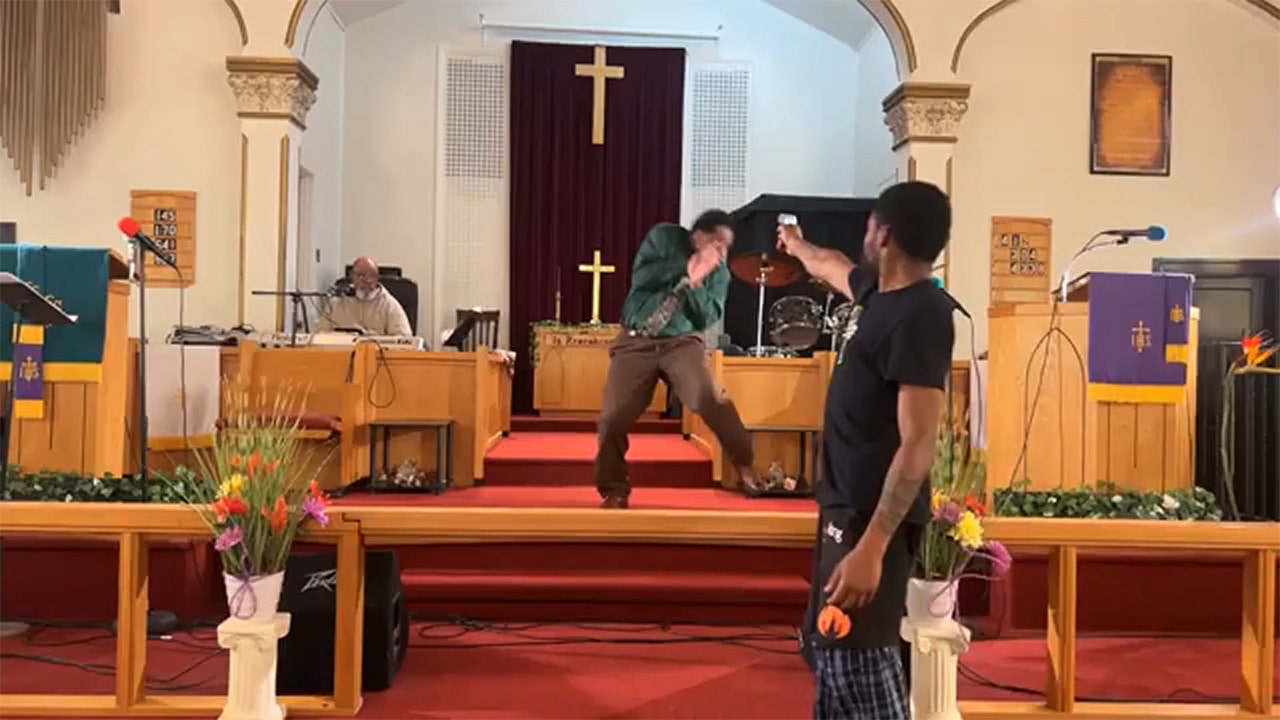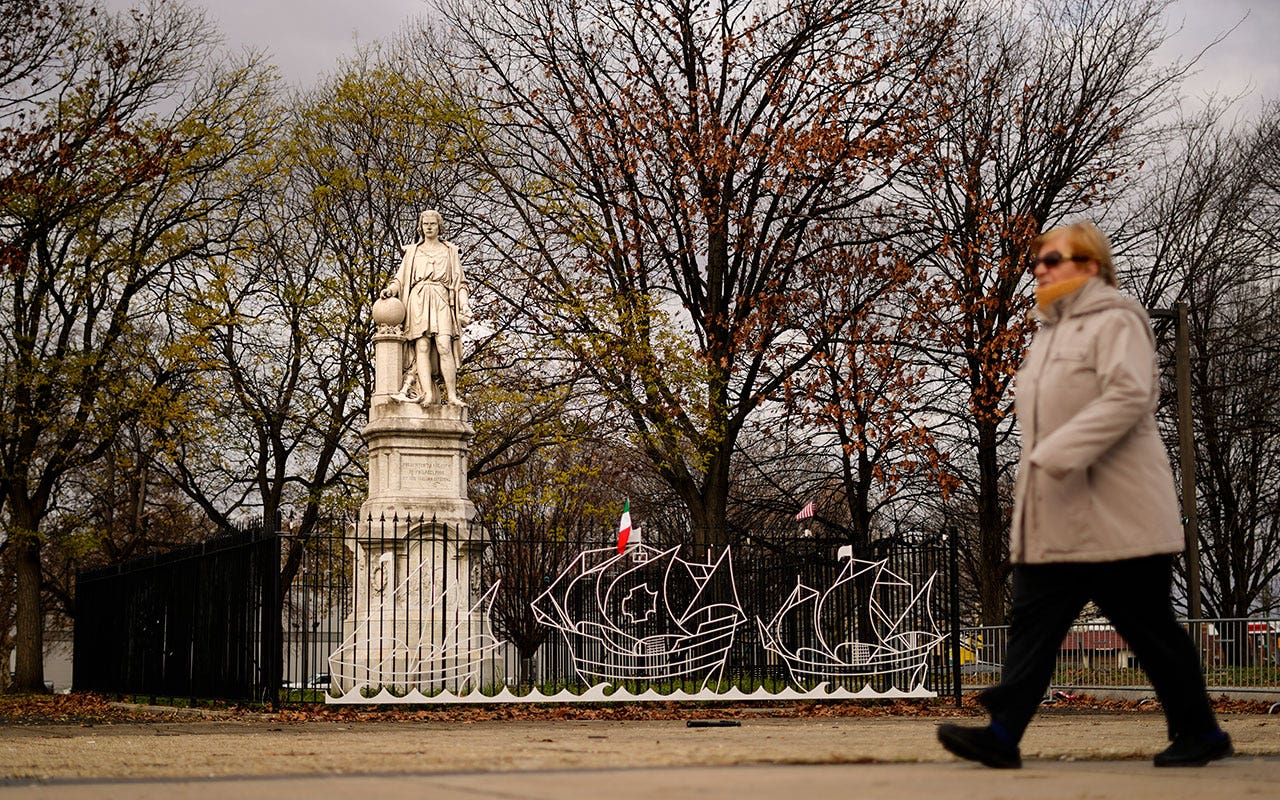When our Great Americans go, we know how to mourn them. Their lives were so grand, so architectural, infrastructural, awesome, admired, adventurous, outsize, so representative of some (or many) of this country’s ideals that the elegies come gushing. But there’s a Great American subset — where the adventure rocks the infrastructure and the life leaves a gash. Our Seismic Americans. That was O.J. Simpson. What’d he register? Almost a 9?
In some other realm, the football career and its showbiz afterlife, pitching rental cars and enlivening spoofery, would have warranted the plain-old Great American treatment. Let’s even include his distaste for race. That just complicates the greatness. But look at what became of that distaste: the gash. There was something hopeful about the iconoclast in O.J., for he dared to defy the limits placed on his Black self. Many Great Americans sought to shed the supposed stigma of their Blackness. They marched, they protested, they organized, they led. O.J. did as O.J. was famous for doing, and juked. He shed the Blackness itself, disowned it. His race was incompatible with his American dreams, with his O.J.-ness. Why couldn’t he have what white people had? Why couldn’t he live as they did? Indeed. Why couldn’t he?
Are we still in Great American territory? I think so. After all, folks knew what he meant. It can be a real burden, standing for, standing in for. Folks also knew that O.J. liked to run. That was him in 1977, galloping in Africa alongside LeVar Burton on night one of “Roots.” The man was not an intellectual — not in any conventional sense. He did exist as an idea, though, as a curious, compelling, perhaps glorious “what if?” What if a Black man were free to live as himself and never face a consequence for merely being? What if white people truly just saw him as he wished they would — as O.J.? He appeared to be living just that dream. In a place some call “La La Land,” no less. But it was more like a program the La Las once produced: “Fantasy Island.”
He found himself the nexus of a murder case in 1994, accused of stabbing to death his ex-wife, Nicole Brown Simpson, and her friend Ronald Goldman, beckoning the Richter scale. He was the defendant. Yet almost immediately it was evident that American history was on trial. Not anything you’d find indexed in a textbook. But the American historical psyche — the nasty, lurid stuff, the paranoia, the paradox, the farce, the terror, the truth. The cosmos of it all. Dare I say, the karma. There everything went — swirling, kicked up. For a television show that ran nonstop for two years. More “Roots.”






